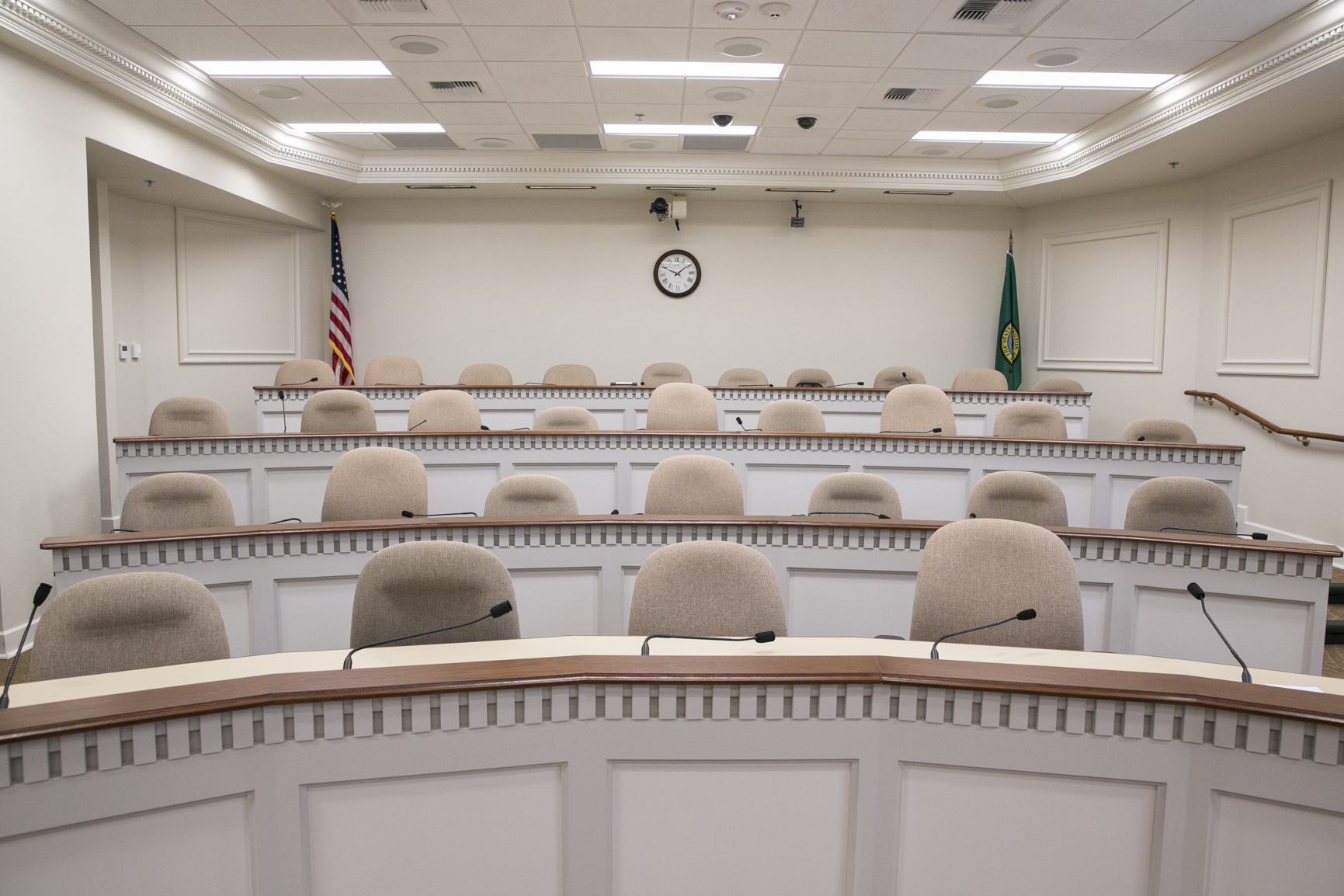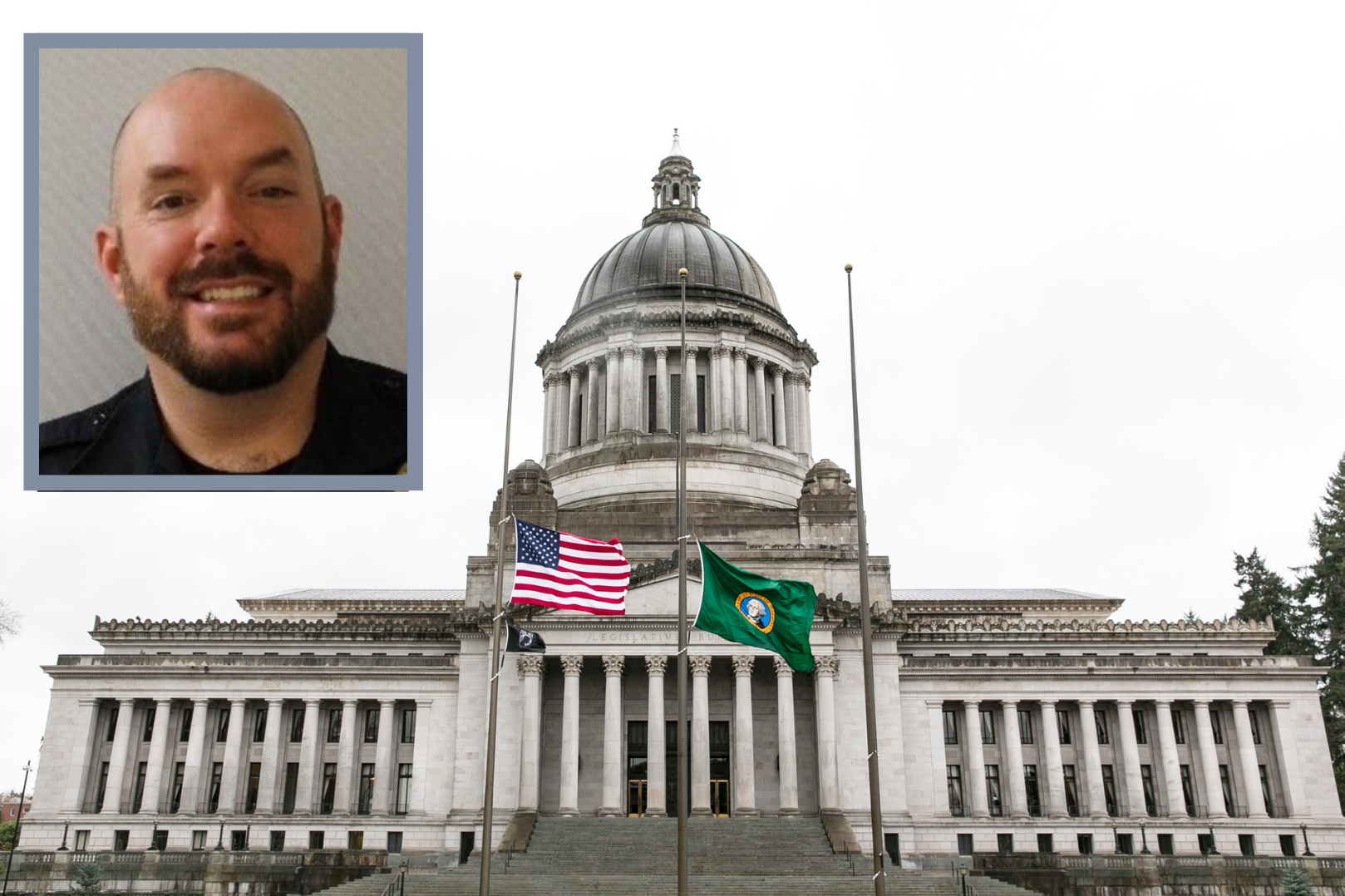Juvenile Justice
On Tuesday, the Ways & Means Committee held hearings on three bills relating to juvenile justice. Incarcerated youth, a disproportionate amount of whom are children of color, face adversity from beginning to end of their interaction with the penal system. Taking preemptive action can keep them from entering the system in the first place and the proper programs can set them up for success when they leave. The legislature has taken this responsibility to heart this session and, as a result, we heard the following bills:
- HB 1140: requires law enforcement to provide individuals under the age of 18 access to an attorney for consultation before the youth can be interviewed or waive any of their constitutional rights. Young people often cannot understand the consequences of waiving their rights, are more likely than adults to waive the right to representation, and frequently suffer the consequences. Having access to an attorney ensures that these rights are understood and properly enforced while holding police accountable.
- HB 1219: creates the Statewide Children’s Legal Representation Program, responsible for developing a six-year phase-in schedule for the mandatory appointment of counsel for children in dependency proceedings. Dependency proceedings determine critical aspects of a child’s future, including whether the child can remain at a home with their family, how often a child can see their parents and siblings, where the child attends school, and how long the child is in state care. Currently, child legal representation is a patchwork that varies by county, resulting in unequal access to the court process, and disproportionately impacting Black, Indigenous, and other children of color. Providing representation by an attorney increases equitable access and ensures youth are provided with the resources they need to present their experiences and positions to the court. This improves a judge’s ability to make appropriate decisions on their behalf.
- HB 1186: creates a community transition services program within the Department of Children, Youth and Families. Community transition services programs are a therapeutic, supportive, community-based custody option where an incarcerated youth can serve a portion of their confinement term in the community under supervision. If passed, this bill will provide a step-down process for young people that allows them a head start in transitioning back into the community.
Dead Bills
 Unfortunately, not every bill can become law. Some of my bills did not pass various cutoff dates and are therefore ineligible to continue through the rest of session. This happens every year as we must prioritize the thousands of bills that are introduced. Though it’s disappointing, these projects stay top of mind and continue to be worked through interim. As this year is the first in a biennium, “dead” bills can be reintroduced in their present status as soon as next session starts. Here are some of my bills that will not be continuing this year, and my plans to move forward:
Unfortunately, not every bill can become law. Some of my bills did not pass various cutoff dates and are therefore ineligible to continue through the rest of session. This happens every year as we must prioritize the thousands of bills that are introduced. Though it’s disappointing, these projects stay top of mind and continue to be worked through interim. As this year is the first in a biennium, “dead” bills can be reintroduced in their present status as soon as next session starts. Here are some of my bills that will not be continuing this year, and my plans to move forward:
You may recall SB 5441. This bill would have required surgeons to provide proper risk information and obtain informed consent from their patient before performing breast implant surgery. This bill died in the House Health Care & Wellness Committee, as they have been inundated with bills relating to COVID-19 and the current health crisis. I have been seeing signs that plastic surgeons and medical associations are taking steps towards providing this information on their own. I hope the hearings on my bill made a difference there. I’m planning an op-ed with the Chair of the Health & Long Term Care Committee, and may reintroduce the bill next year.
SB 5255 was my second attempt to require proper interpretation services in marriage dissolution proceedings. After failing to pass last biennium, I dropped it again this year. Unfortunately, it failed to pass a fiscal cutoff out of the Ways & Means Committee and died once again. I believe this bill, which requires that orders relating to dissolution and legal separation are certified by an interpreter if a party requests interpretation services because they have limited English proficiency or are hard of hearing, is still a very worthwhile project. I will continue to work with the state interpreters and judges’ associations over the interim to make sure their concerns are addressed and we can get it passed.

Two of my bills relating to tribal education, SB 5161 and SB 5252, failed to make it through this session. SB 5161 would have required that school districts incorporate curriculum about the history, culture, and government of the nearest federally recognized tribe. This bill came from retired Senator John McCoy and it was extremely important to me to ensure his vision came to life. However, terms in the bill caused serious concern, and I worked with both federally recognized and non-federally recognized tribes to identify these. This bill is important to Senator McCoy, to many Tribes, to me, and to many of you, as we heard from dozens of constituents. I am looking forward to visiting the Duwamish longhouse over interim to discuss their concerns about this bill and am hopeful that we can find a way to bring the intent of this bill to life with careful consideration for all involved. My other bill relating to tribal education, SB 5252, aimed to enhance OSPI and district collaboration with the Tribal Leaders Congress on Education to develop a tribal consultation schedule and training. Such training would have enhanced school districts’ understanding of the federal and state issues affecting Native students. This bill faced similar issues as SB 5161, and I hope to reintroduce both next session.
Capitol Shooting

Like many this week, I was devastated to hear about the incident on Friday at the U.S. Capitol in which Officer William Evans was killed in an attack by a man who ran his car into a barrier. Officer Evans, like Officer Brian Sicknick, who was killed in the January 6th insurrection, died while bravely fulfilling his duty to his country. My condolences are with Officer Evans’ family and loved ones and his colleagues in the Capitol Police who are affected. We cannot continue to allow the bitter political divisions our society is facing to lead to this kind of violence.


